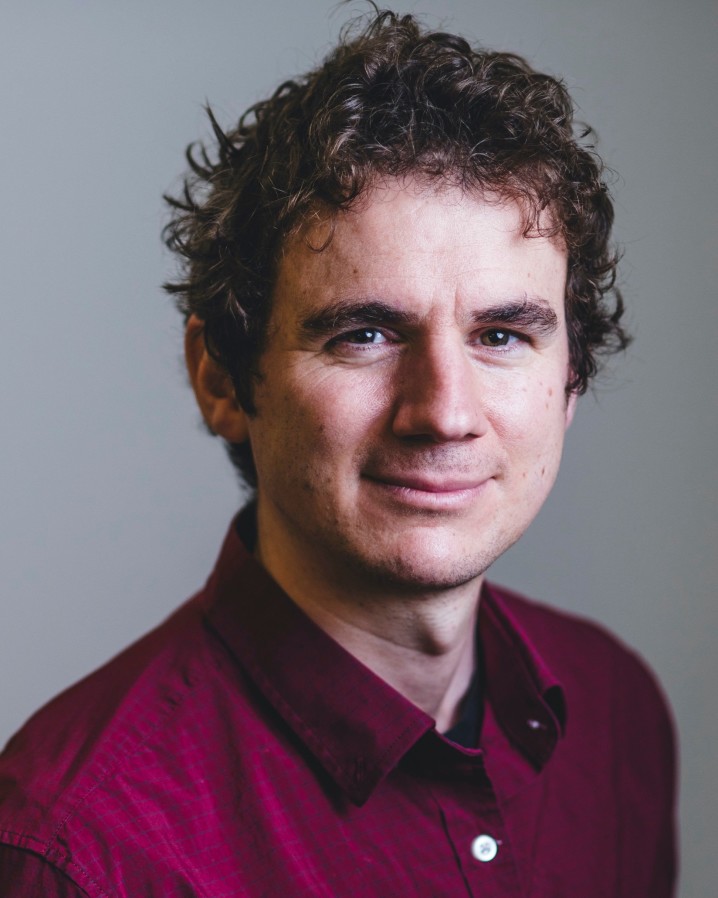
Join us for the Spring Series
of the St Mary’s Infection & Immunity Seminars (hybrid)
Dr Peter Cook
Abstract:
Our lungs are exposed to thousands of fungal spores everyday, particularly Aspergillus fumigatus (Af), which can trigger asthma and lead to severe fungal asthma (impacting 10 million people worldwide). Despite the rising number of cases and developing resistance to current anti-fungal therapies, we do not understand the immune mechanisms that underpin the development of fungal sensitization. My group focuses on understanding spore-innate cell interactions in the context of the lung environment to enable us to identify novel mechanism(s) that mediate anti-fungal allergic inflammation. We have utilized a mouse model of repeated Af spore exposure and single cell technologies (single cell RNAseq, 30+ parameter flow and mass cytometry) to identify the specific dendritic cells (DCs) subsets which are critical to elicit CD4+T cell driven anti-fungal allergic inflammation.We have also profiled DC subsets and their activation status in the sputum of fungal asthma patients to confirm these murine results translate to human disease. The spores themselves expose a complex array of mediators upon germination though previously it has been unclear whether this an important step in triggering allergic responses. We have determined that a precise spore morphotype is essential to trigger DCs to mediate allergic inflammation. Identification of the precise fungal motifs on this morphotype that stimulate these responses are underway. Finally, our previous work has identified that the lung airways govern immune cell responses via modifying their metabolic state. Ongoing work has identified that metabolism is a governs DC ability to mount anti-fungal responses. Together this work will provide a new level of insight of how fungi elicit innate immune cells to mediate allergic disease, with the aim to revealing promising new therapeutic targets.
Biography:
Dr Peter Cook is a WellcomeTrust Sir Henry Dale Fellow at the MRC Centre for Medical Mycology (MRC CMM), University of Exeter. After graduating from University of York with a BSc (Hons) in Genetics, Peter remained in York and undertook his PhD to understand how helminth infection skews immune events in the skin. His postdoctoral research at University of Edinburgh and University of Manchester discovered novel mechanisms that innate cells utilise to drive type 2 inflammation, a key part of allergic and anti-helminth responses. In 2016 he was awarded the University of Manchester Dean’s Prize and a Springboard award from the Academy of Medical Sciences (in 2017) to establish his research group. This work generated insights into how the lung airway environment governs the response of innate cells via regulating their metabolic activity. In 2020 he relocated to the MRC CMM in Exeter where his group focuses on understanding how the spores of the ubiquitous environmental mould, Aspergillus fumigatus, triggers our immune response to mediate chronic airway allergic diseases such as asthma. Despite the huge clinical burden caused by fungi, the processes that elicit these responses are poorly understood. This work will provide insights with the aim to improve therapeutic strategies for asthmatic and fungal diseases.
join us in person:
Roger Bannister LT, Medical School, St Mary’s Campus
and online via teams:
Join on your computer, mobile app or room device
Click here to join the meeting


